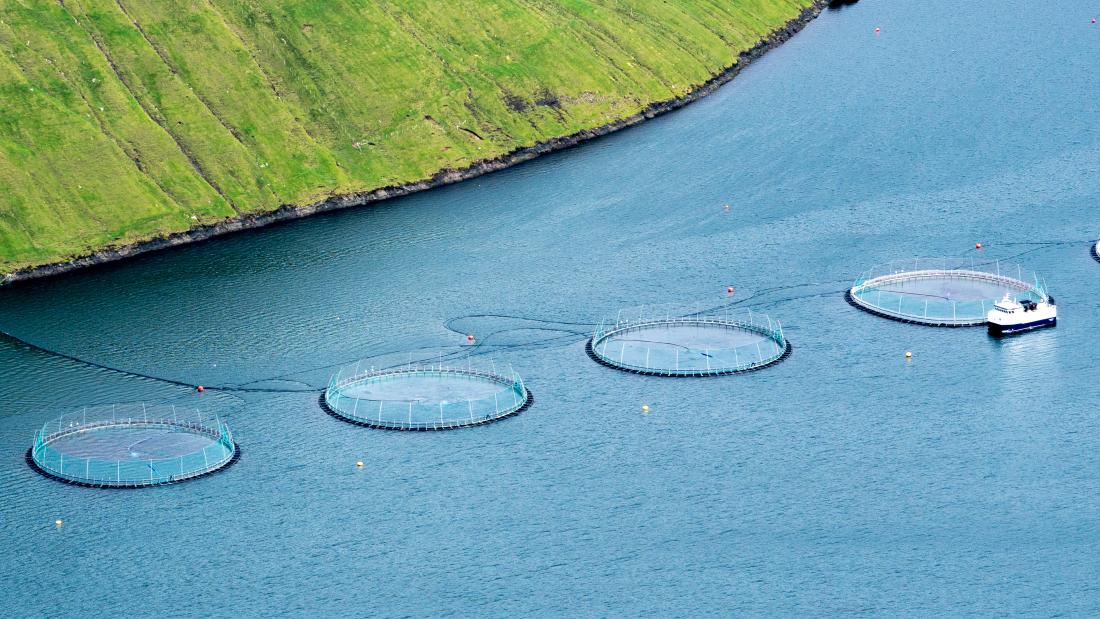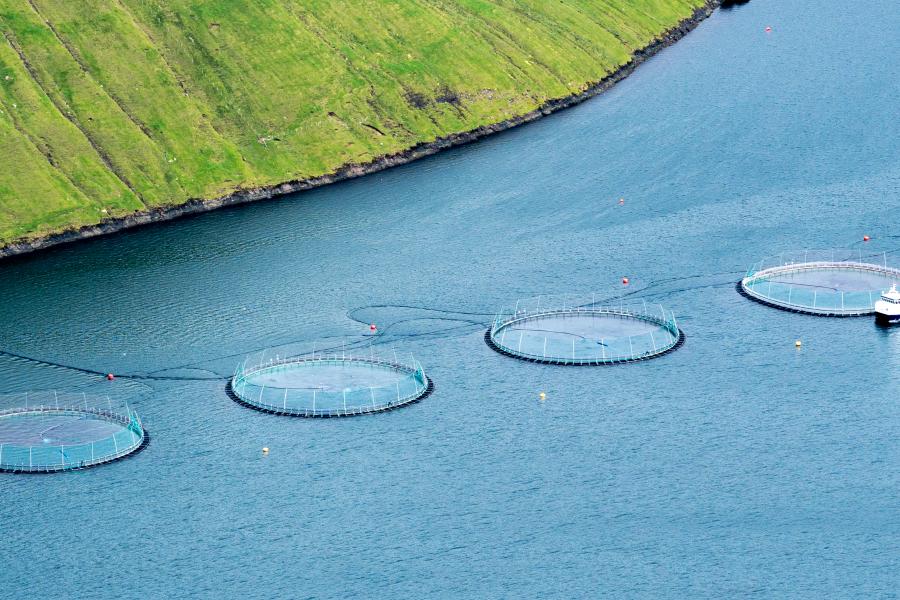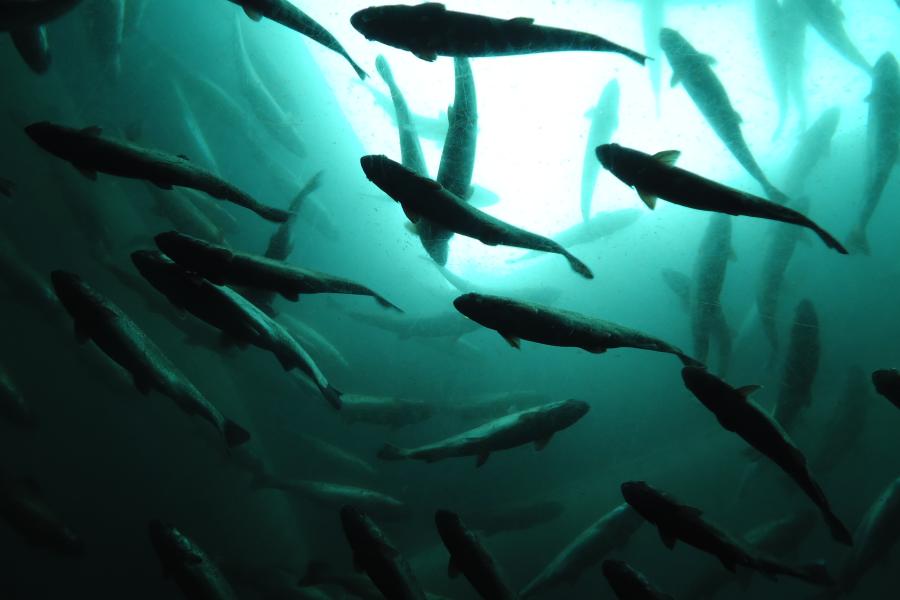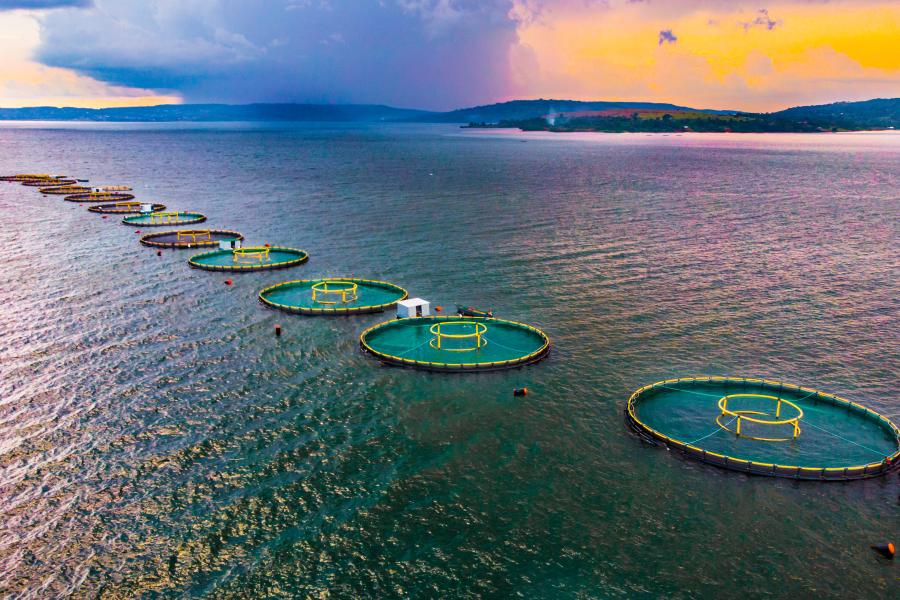Salmon farms routinely use artificial lighting to increase 'daylight' and by doing so, maximise growth rates. However, there is limited information on how this may impact fish immune systems and disease resistance. Our previous work suggests disrupting the body clocks of young fish can be detrimental to their health. With our industry partners and collaborators in Aberdeen and Aberystwyth universities, we are now going to investigate the impact of light conditions in early-life for salmon health and welfare throughout the production cycle. Our aim is to help optimise salmon rearing practices to increase resilience to disease challenges and improve welfare.
Advances in aquaculture technology
Dr Lee Beniston, Associate Director of Industry Partnerships and Collaborative R&D at BBSRC, said:
“Advances in aquaculture technology and innovative approaches have enormous potential to provide the UK, and the world, with a more sustainable, diverse, and healthy source of nutrition. This will support ambitions in areas such as food security through to the health of the nation.
We are pleased to be investing, alongside businesses, in these exciting research and innovation projects which will catalyse and drive innovation across the aquaculture industry.”
More information about the other funded projects is available on the BBSRC website here.





